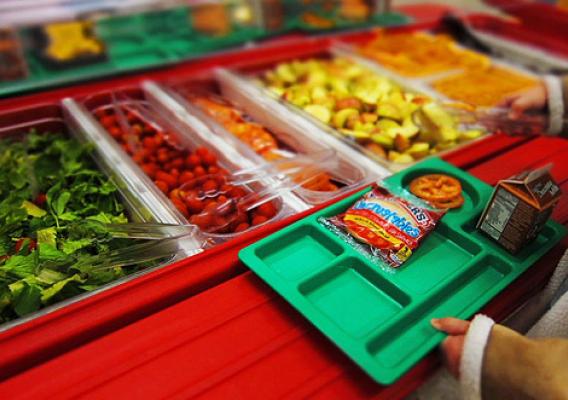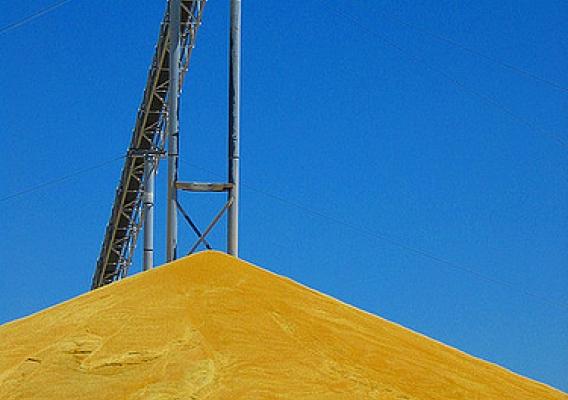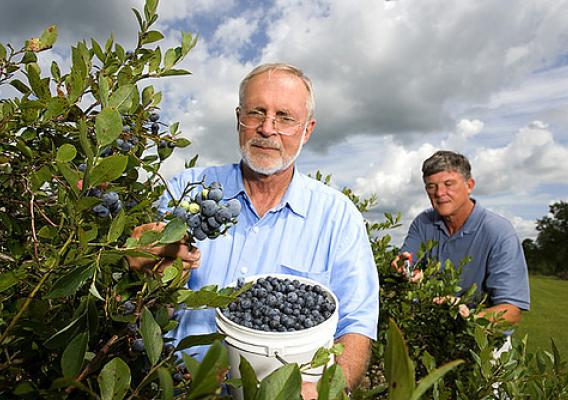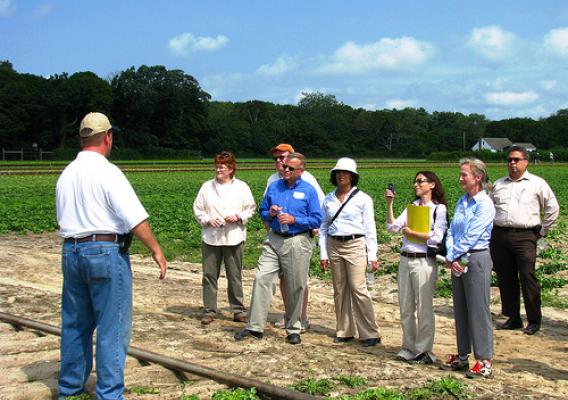When it comes to expanding market share, increasing revenue and getting the word out about a great product or commodity, checkoff programs prove that there’s strength in numbers. Officially called research and promotion programs, checkoff programs give agricultural producers, importers and other stakeholders in the marketing chain the power to maximize resources while managing risk.
The strategy for increasing or expanding commodity markets takes more cooperation within the industry than competition between individual farms and businesses. Consumers may not know exactly which farm grows or raises their fruit, beef, cotton or lumber, but they will decide what to buy based on knowledge, quality and availability.
The consumer’s perspective that there is a general uniformity to some commodities serves as the catalyst for many individual farms and businesses to collaborate on a comprehensive, industry-wide strategy to expand markets. Promoting a commodity as a whole instead of by individual businesses means everyone in the industry benefits through increased sales, consumer awareness and higher overall demand.









